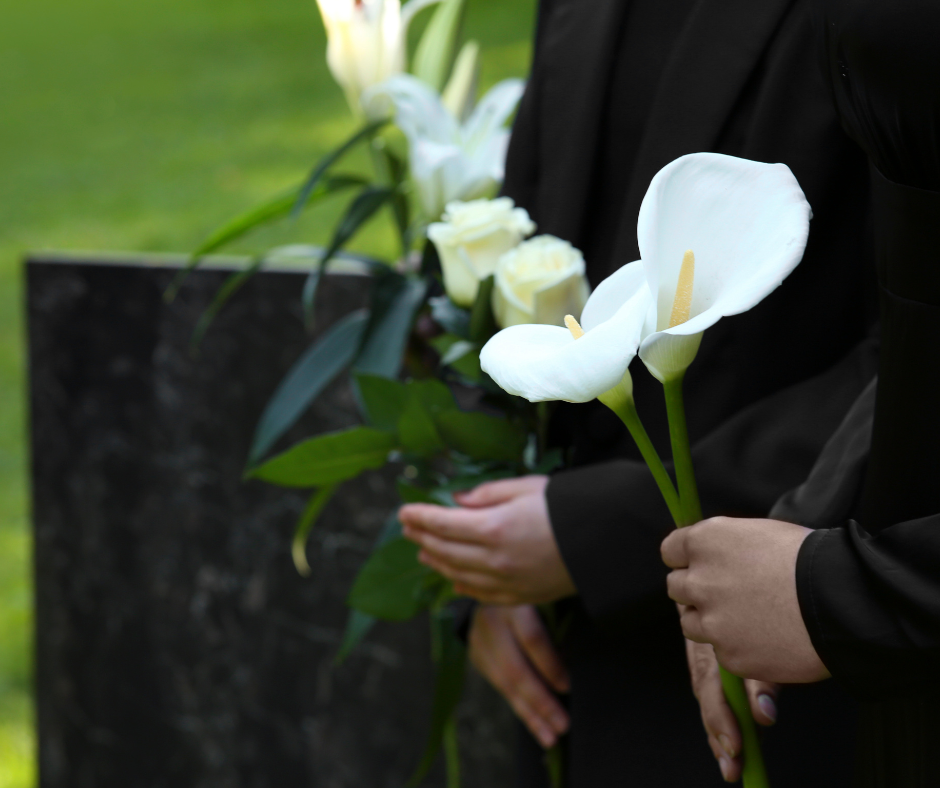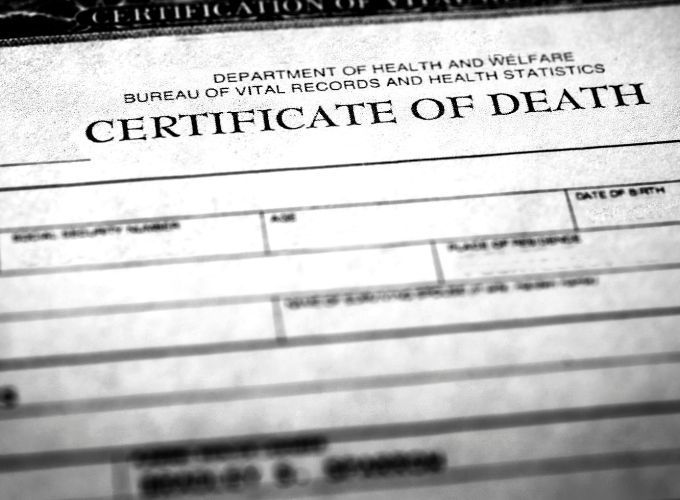Articles Of Interest
Pandemic Has Altered Funeral Traditions

When we rang in the 2020 New Year, few could have imagined the COVID pandemic world we are now living in.
As a licensed funeral home, we were probably better prepared than most other small businesses to keep our staff and the families we serve safe. As funeral directors, we receive rigorous training on safety protocols to prevent the spread of disease. Even before the pandemic, the funeral home was required to maintain stringent cleaning and sterilization procedures.
In addition to working within gathering restrictions, our biggest challenge has finding suppliers for personal protection equipment (PPE). To guard against our staff being exposed to the virus, we need to use the very same masks, gloves and gowns as hospitals. Severe shortages at the outset of the pandemic kept us scrambling to find these essential items.
Our experience in helping families through the worst days of their lives gave us the tools we needed to continue to manage the ever changing situation and find ways to serve families during this unprecedented time.
At the outset of the pandemic, health and safety guidelines for public gatherings were limited to 10 people, including our staff. These restrictions were very difficult for families to deal with. For many, the number in their immediate family exceeded the limit, which meant leaving someone out of life’s most important passages.
Rather than limit the number of people in attendance, some families opted to hold services at a later date. In some ways, this makes the grief process more difficult. At the time of the death, families must go through dealing with a loss by themselves. It’s disappointing that there is no shared, public recognition of their loved one. Friends and family don’t have the opportunity to view the person for one last time.
One of the most difficult and heart-breaking consequences of the pandemic is the loss of human touch and gathering together to celebrate a life. Families are faced with suffering a loss without the benefit of healing hugs, sharing of favorite stories or songs of praise. We’re seeing that families now have a greater appreciation for the benefits of a funeral service and how these time-honored traditions can help them deal with their grief.
Over the past six months, the staff at the Buch Family of Funeral Homes has adapted and met each new challenge. Working with each family, we find ways to meet their unique needs, while still observing health and safety guidelines.
As with every difficult situation that life hands us, there have been positive aspects. We’ve been able to provide live video streaming of services, which allows viewing by those who are unable to attend in person. The recent renovations at our Manheim funeral home included a new audio / video system that enables us to provide enhanced service options. More importantly, as the pandemic forced everyone to slow their lives down, we have all developed a greater appreciation for what’s really important in life.
We have also witnessed that friends and family, of those who have passed, are discovering (and rediscovering) ways to reach out to comfort and show support to those who are grieving. People are posting tributes for obituaries listed our website; having trees planted in the person’s honor; commenting during the Facebook Live viewing; sending notes with their favorite memories; or calling to check in. These ways of showing you care are just as important as attending the funeral service.











